TEHRAN(Bazaar) – Professor Hossein Askari, who teaches international business at the George Washington University, says the U.S. and the Europeans have very little ability to persuade Iran to go back to the JCPOA before they lift sanctions.
In an interview with the Bazaar, Askari also says, “There is no more economic pressure they can impose. Just military action. And this would be a catastrophe for the Middle East. So they are trying good-cop bad-cop tactics.”
Following is the text of the interview:
Bazaar: What is your assessment of the decision of the European Troika to withdraw from the resolution against Iran in the International Atomic Energy Agency?
Askari: In the end, the Europeans, as well as the Americans, realized that the Resolution would lead to a total breakdown of the JCPOA. This they did not want to risk. But earlier, the Americans and the Europeans had believed that Iran would blink and would take the first steps if they adopted the Resolution. But when they realized that Iran would not blink, they withdrew it. Let me assure you that this was coordinated with the United States. The Europeans are eager to restore trans-Atlantic relations in the aftermath of Trump. The U.S. asked them to withdraw.
Bazaar: The Wall Street Journal reported that the decision of the European Troika to withdraw from the resolution against Iran at the meeting of the IAEA Board of Governors approved by the United States. It seems that the United States has not cooperated with Europe in issuing a resolution on Iran. What is your assessment?
Askari: No, as I said earlier, I disagree. The Europeans and the United States have cooperated behind the scenes. I believe that the U.S. was all in with the Europeans that they should withdraw. All the while Biden could appear to be tough and not give the impression that they had all caved in.
Bazaar: European Troika called on Iran to accept unconditionally the JCPOA informal meeting with the United States. Europe seems to be trying to use the International Atomic Energy Agency as leverage on completely irrelevant issues. Because Europe cannot force Iran to negotiate. What is your assessment?
Askari: No one can force Iran to negotiate. Iran’s problem and its Achilles’ Heal is its weak economy. It is Iran’s economy that could force it to negotiate under humiliating conditions. Here I must note that successive Iranian governments since the Iran-Iraq War have failed in their economic policies. They have been timid and have not adopted needed and foundational reforms. What you see today, Iran’s weak economic performance, is the result of their failures.
But allow me to expand on my thoughts. The U.S. and the Europeans have very little ability to persuade Iran to go back to the JCPOA before they lift sanctions. There is no more economic pressure they can impose. Just military action. And this would be a catastrophe for the Middle East. So they are trying good-cop bad-cop tactics.
What would I advise Iran to do? Further restrict the IAEA monitors and turn of all cameras. Continue to talk about conditions to come into compliance to buy time. But quietly and rapidly ramp up enrichment beyond 20 percent to have breakout capabilities within three to six months. Then give an ultimatum to the U.S. and the Europeans. You broke the agreement in the first place and caused unimaginable harm to Iran. So lift all sanctions and compensate for the damage that you have done and we will go into full compliance or we will withdraw from the NPT. If they agree great. If not, Iran could have the bomb and Iran’s bargaining power would be so much stronger. Instead of negotiating from a position of weakness, Iran would have a much stronger hand. The risks of not compromising for the U.S. and the Europeans would be enormous—nuclear proliferation across the Middle East and North Africa.
This is a poker game. Yes, there are risks but a timid approach will weaken Iran in every way. Economically as well as militarily. This is the time to be tough and cunning. At the same time, let me emphasize something that I have said for thirty years—Iran needs drastic and comprehensive economic and judicial reforms.
Bazaar: After the European withdrawal from the resolution, the United States also said in a statement that adherence to safeguard obligations is not only an option but also separate from the fulfillment of Iran's obligations by the JCPOA. This means that even if the JCPOA is revived, the United States will retain the IAEA's leverage against Iran. What is your assessment?
Askari: Yes, they will use the IAEA leverage. Iran should look at both the short as well as the long game. Iran cannot afford to bend for little short-term sanction relief and then be permanently weakened.

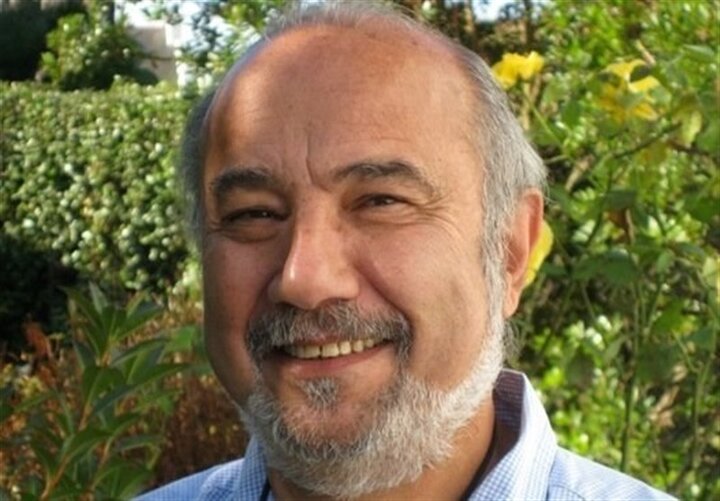




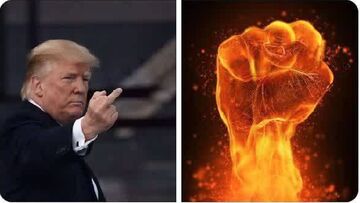
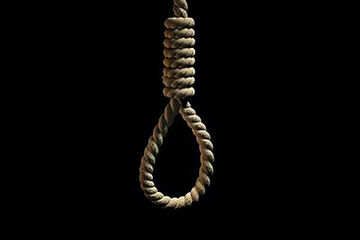
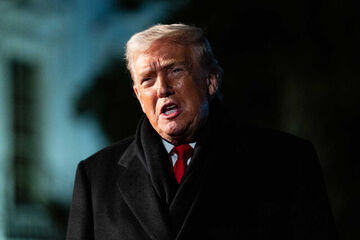

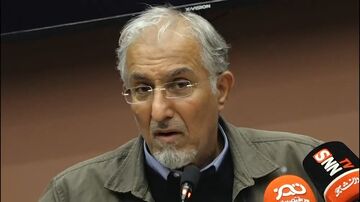

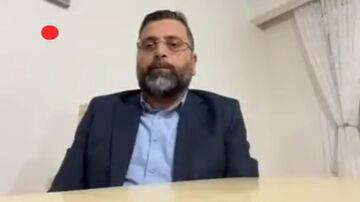
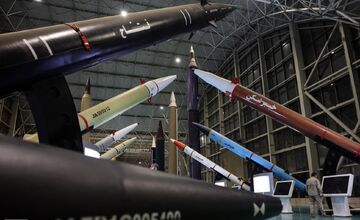
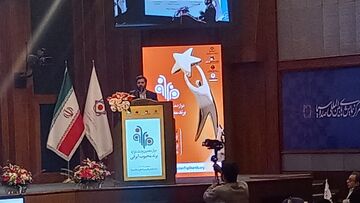

نظر شما